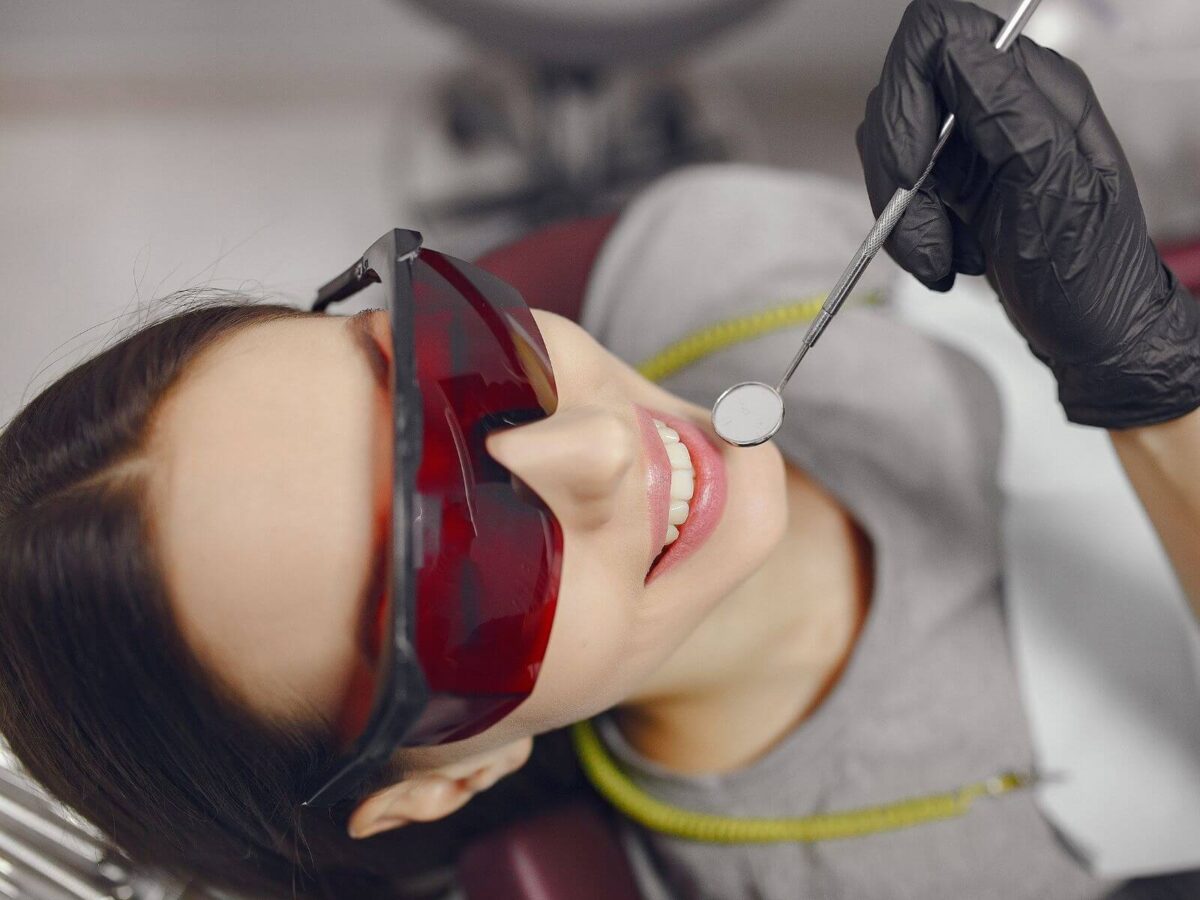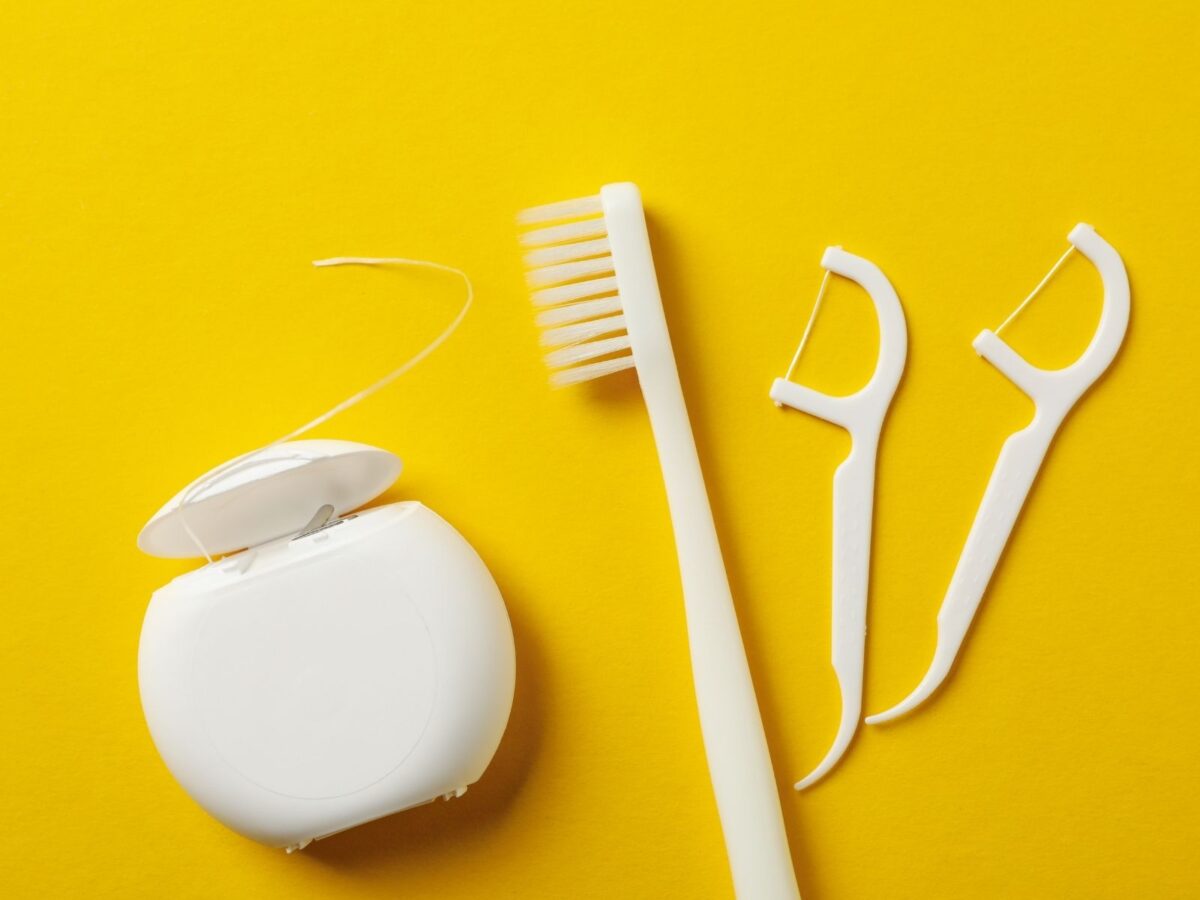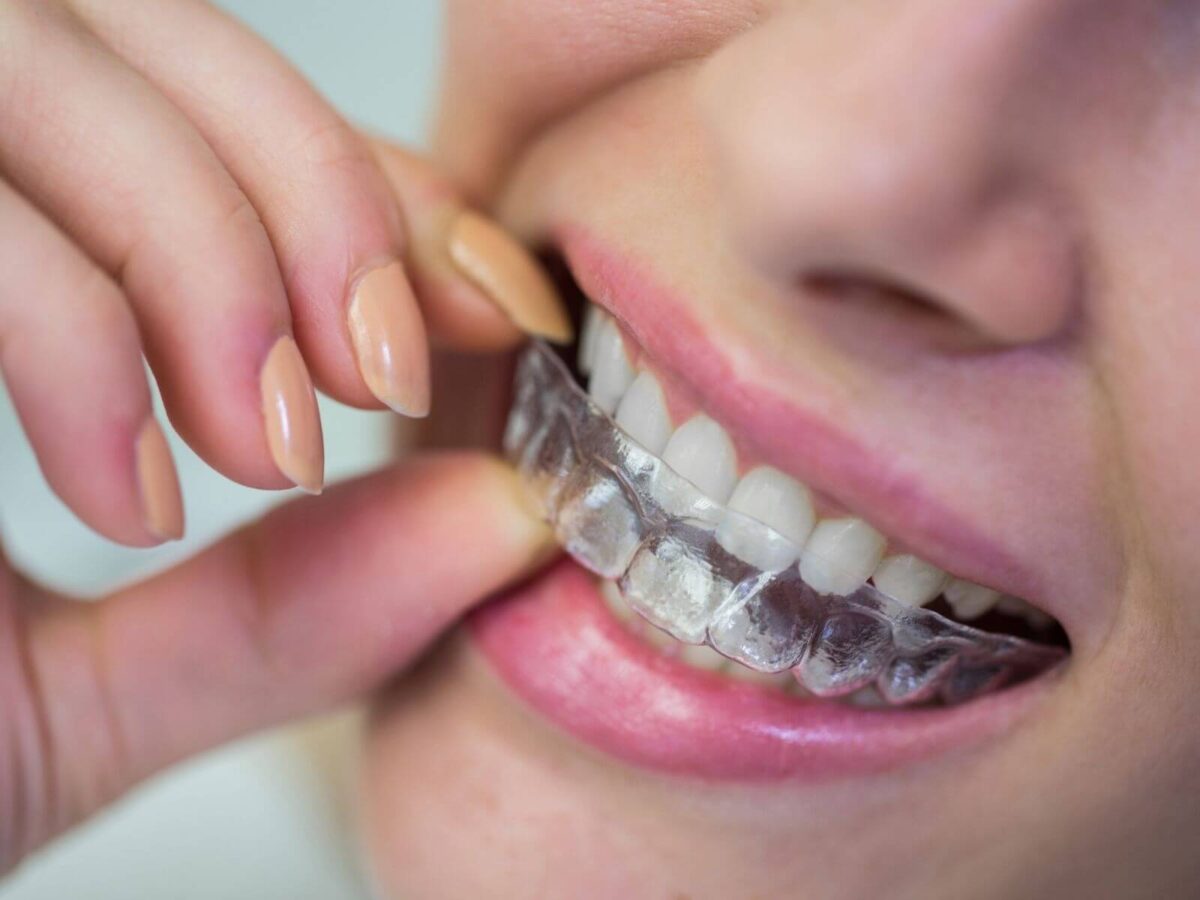Good dental hygiene depends critically on gum health. Gum issues can be painful and cause major dental problems, including tooth loss or infection. Laser therapy for gum health has provided periodontists and dentists with fresh tools to battle gum issues. Let’s check out this incredible new technique and see how laser therapy for gums could benefit you.
Laser Therapy for Gum Health: Overview
Laser therapy for gum is a dental treatment that uses laser technology to tackle various gum issues. It’s also called laser periodontal treatment. This careful and precise method has gained popularity because it works well and makes things easier for patients.
It is one of the gum treatments that helps reduce bacteria and infection. This fantastic approach uses special equipment to remove plaque and bacteria around and under your gums without surgery. Scaling and root planing are common methods.
Laser gum treatment eliminates harmful germs, repairs damaged tissue, and treats other dental issues without surgery. Dentists can handle complex dental issues using focused beams of light.
Dental treatment uses lasers for other purposes besides laser gum surgery. A laser is the greatest substitute for conventional, intrusive treatments, whether your goals are to stop gum disease or enhance your smile.
The talented experts at Rockdale Dental Office TX are experts at handling oral health concerns using laser treatments. Gentle laser gum surgery requires little rest, making the decision simple if you seek substitute treatments for your dental requirements.
Top 5 Benefits of Laser Gum Treatment
Modern surgical alternative where light energy is used to enhance your oral health and smile is laser gum treatment. This approach kills microorganisms and promotes bone development around your current teeth. It treats hypersensitivity, gum disease, and tooth decay.
Laser gum surgery aims to help you maintain a healthy mouth and undo the destructive influence of microorganisms. It has 5 key advantages, including:
Less Invasive
Laser surgery is far less invasive than most conventional gum surgery techniques. Standard gum surgery involves medical tools cutting into the gum tissue, creating painful wounds that require sutures and recovery time.
The laser reduces the risk of infection, sensitivity, and bleeding following the operation since it never slices into the gum tissue. It also implies a low chance of problems. Many individuals are less nervous about getting their dental health issues corrected since laser treatment is so mild.
High Precision
Laser therapy for gum health does not damage tissue. Experts use lasers to restore damaged tissue and induce fresh, healthy tissue development. This approach is quite exact and accurate. The laser itself sets good from bad gum tissue apart. It won’t affect teeth or bones, either.
Preventive Nature
Gum diseases like gingivitis are not treated quickly. If they are not treated at all, tooth loss results. Patients suffering from advanced gum disease can preserve their original teeth with this laser treatment.
Gum disease leaves you with vast pockets of germs that are not treatable by ordinary dental cleaning. Even if they are buried in deep pockets, a laser is more likely to eradicate all the dangerous germs.
Improved Smile
Straight white teeth let you smile confidently. Your self-esteem also depends much on gums. If you believe the amount of gum tissue in teeth isn’t ideal, you could feel guilty about smiling. Your gums are formed, and superfluous tissue is removed through laser gum surgery, producing the desired beautiful smile.
Quick Fix
Standard gum operations call for weeks of rehabilitation marked by discomfort, swelling, and a liquid diet. After laser gum surgery, patients usually only experience little discomfort; the recovery period is 24 hours.
The laser technique provides rapid recovery with less downtime since no cutting or stitching is involved. Your doctor removes less tissue by not using conventional surgical instruments like scalpels, thereby generating less pain, bleeding, and inflammation.
Visit the Rockdale Dental Office in Texas for the Best Laser Gum Treatment
Visit Rockdale Dental Office for reasonably priced, excellent, and comfortable dental treatment. We are the solution for finding the best laser gum treatment. You can trust us for:
- Laser Therapy For Gum Health
- Cosmetic Dentistry
- Crowns And Bridges
- Dental Fillings
- Dental Implants
- Oral Surgery
- Root Canals
- Orthodontics
- Pediatric Dentistry
Our outstanding dental professionals and experts provide the individualized treatment you can rely on to improve your smile and general health.
Final Thought
Are you seeking to prevent dental disease for yourself? Laser gum treatment could help eradicate and stop future dental infections. This minimally invasive dental surgery uses laser technology to eliminate unhealthy tissue. Make an appointment with our knowledgeable staff for comfortable, premium laser therapy for gum health.





